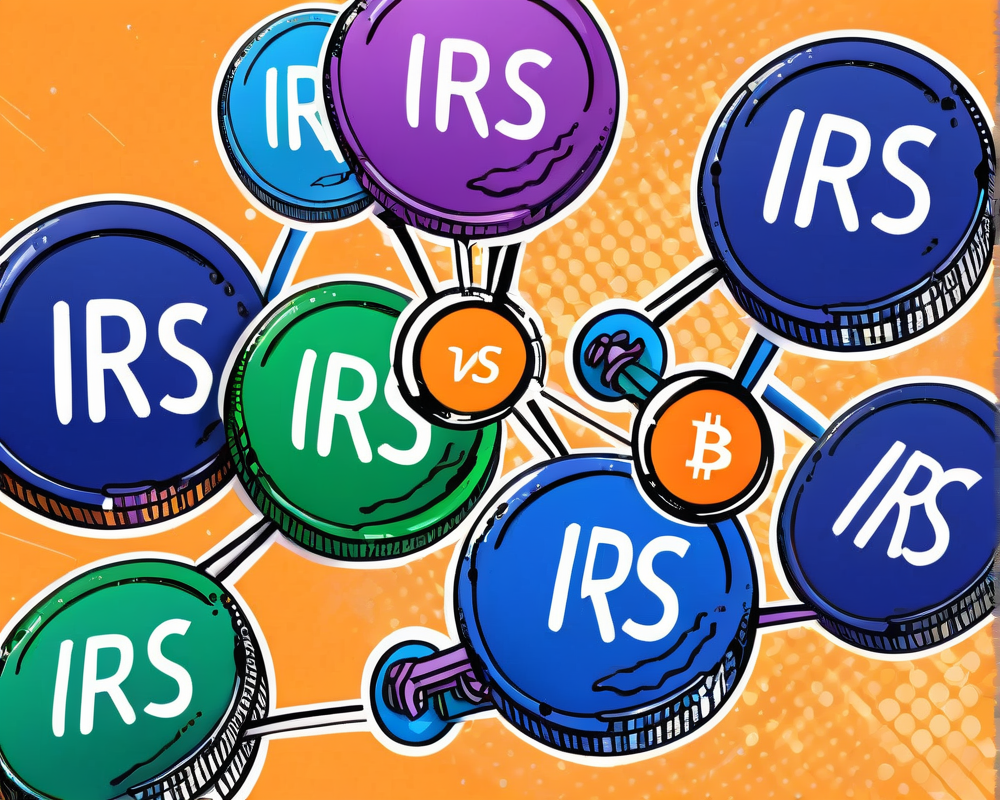The IRS Strikes
This past week, the Bitcoin community has experienced a seismic surge in discussions surrounding an IRS initiative that’s sent ripples across the digital finance landscape. The agency has invoked a “John Doe” summons targeting Coinbase, a leading Bitcoin wallet provider, potentially aiming to unveil user information in a rather sweeping maneuver. Talk about a plot twist!
Privacy on the Chopping Block
Coinbase finds itself in a predicament reminiscent of last year’s showdown between the U.S. Government and Apple Inc., where user privacy was at the heart of fierce debate. Just as Apple stood guard over its user data, Coinbase is currently grappling with regulations that may force the collection of personally identifiable information—yikes! Would you feel comfortable if your secrets were stored on a central server, like the crown jewels on display for all to see?
Coinbase Defends User Rights
In a blog post emphasizing their commitment to user privacy, Coinbase stated, “Although we generally cooperate with law enforcement, the breadth of the IRS request is concerning.” They firmly assert that they have committed no wrongdoing, but rather are being caught in the crosshairs of a broader concern about virtual currency and tax evasion. Cheers to Coinbase for standing up for our right to privacy, even when the pressure’s mounting!
Convenience vs. Security
Users love the ease of use offered by services like Coinbase, but there’s a trade-off: centralized data storage opens the door to potential breaches and government scrutiny. It’s the classic dilemma: trade a smidge of security for user-friendliness. This is a friendly reminder that while convenience may be king, it’s important to keep an eye out for privacy pitfalls in this digital jungle.
The Centralization Dilemma
Centralizing Bitcoin information—whether at Coinbase or another platform—has sparked a lot of debates. The underlying spirit of Bitcoin, as envisioned by its mystery creator, Satoshi Nakamoto, was to empower users to handle their own funds, not to establish banks masquerading as wallets. The more we huddle our data in one place, the louder the dinner bell rings for hackers and regulators alike. How’s that for a wake-up call?
Back to Basics
If we want to lead Bitcoin back to its decentralized roots, we have to shake off the inertia of centralized solutions. Sure, using Coinbase is convenient, but it might be time to revisit that pioneer spirit and learn to hold our own Bitcoin in a more private and secure manner. After all, decentralization is Bitcoin’s forte, and it’s high time we embrace it!















+ There are no comments
Add yours